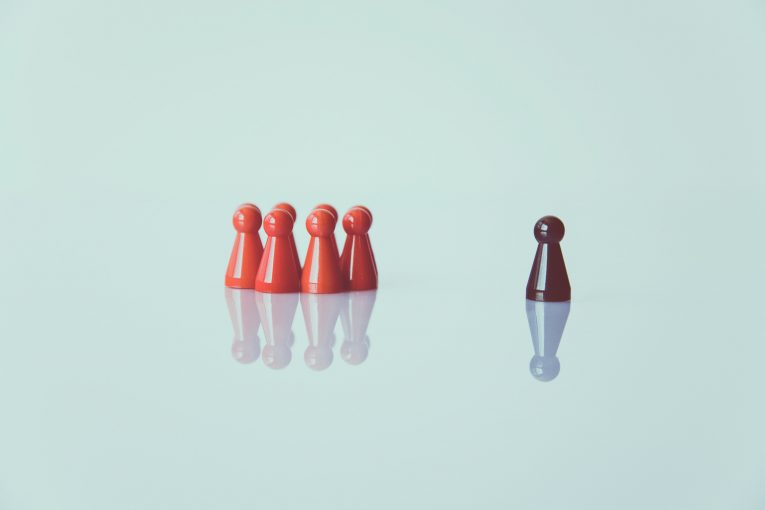
Friday (16/4) Faculty of Psychology UGM held an International Guest Lecture Series event. In this event, the Office of Cooperation, International Affairs, and Alumni (OCIA) in collaboration with the social psychology class of the Faculty of Psychology UGM took a theme “Categorization & Stereotypes”.
The event took place from 15.30 WIB until 17.30 WIB. This event was attended by 260 students of Social Psychology (S1 Regular) and Social Psychology (S1 IUP) students of the Faculty of Psychology UGM. The event was also attended by a limited number of public.
The presenters in this event are Prof. Rasyid Bo Sanitioso, Professor at the Universite de Paris, France, with a focus of expertise and research on motivation and cognition in groups, motivation and self-concept, inductive reasoning, stereotypes and group perception.
In this event, Sanitioso discussed the concepts used in understanding group stereotypes and categorization. An actual discussion if it is associated with demography in Indonesia and several countries in the world which have various ethnicities and cultures.
“In relations between groups, we will talk about three concepts, namely stereotype, prejudice, and discrimination. With (the concept) we talk about racism, we talk about sexism, we talk about relations between groups,” explained Sanitioso.
Furthermore, Sanitioso summarizes the three basic concepts with easy-to-remember terms, namely ABC. ABC is an acronym for Affect, Behavior and Cognition. With this ABC, Sanitioso analyzes how prejudice arises when someone from a different group belongs to another group.
In our lives stereotypes and prejudices often affect our lives and affect how we behave. In excessive levels it will cause non-objectivity in making a decision.
According to Sanitioso, stereotypes can be defined by beliefs, generalizations, beliefs about typical behaviors, characteristics of a person in group members. Stereotypes exist in society and are spread to all the people around them.
To be able to understand that stereotypes and categorization are a normal part of our daily life, Sanitioso also interactively invites participants and event organizers to answer short questions based on images of humans with certain identities and each answer has a tendency that indicates the existence of stereotypes and categorizations. in every decision and attitude we make.
“This means we have to think that everyone in the group is the same, all black people, all Asians, are the same and so on. We see homogeneity that transcends generalizations that believe in group differences,” explained Sanitioso.
The event went quite smoothly. Several participants asked the presenters to understand how to respond to stereotypes that are always present in life so that they do not have a bad impact, but on the contrary so that the categorization can have a positive impact.
